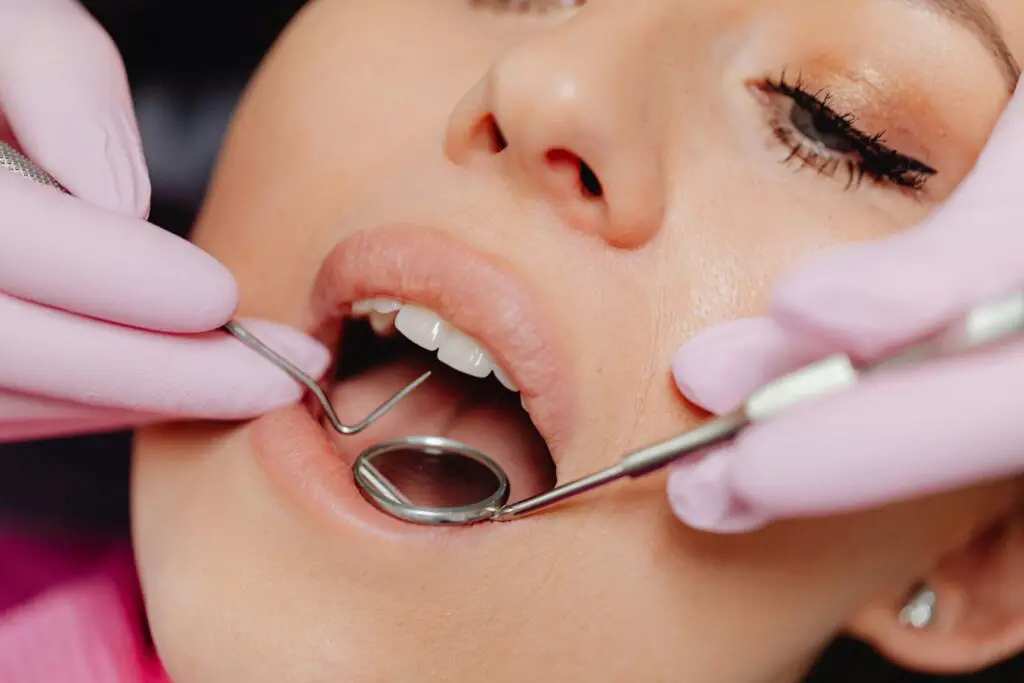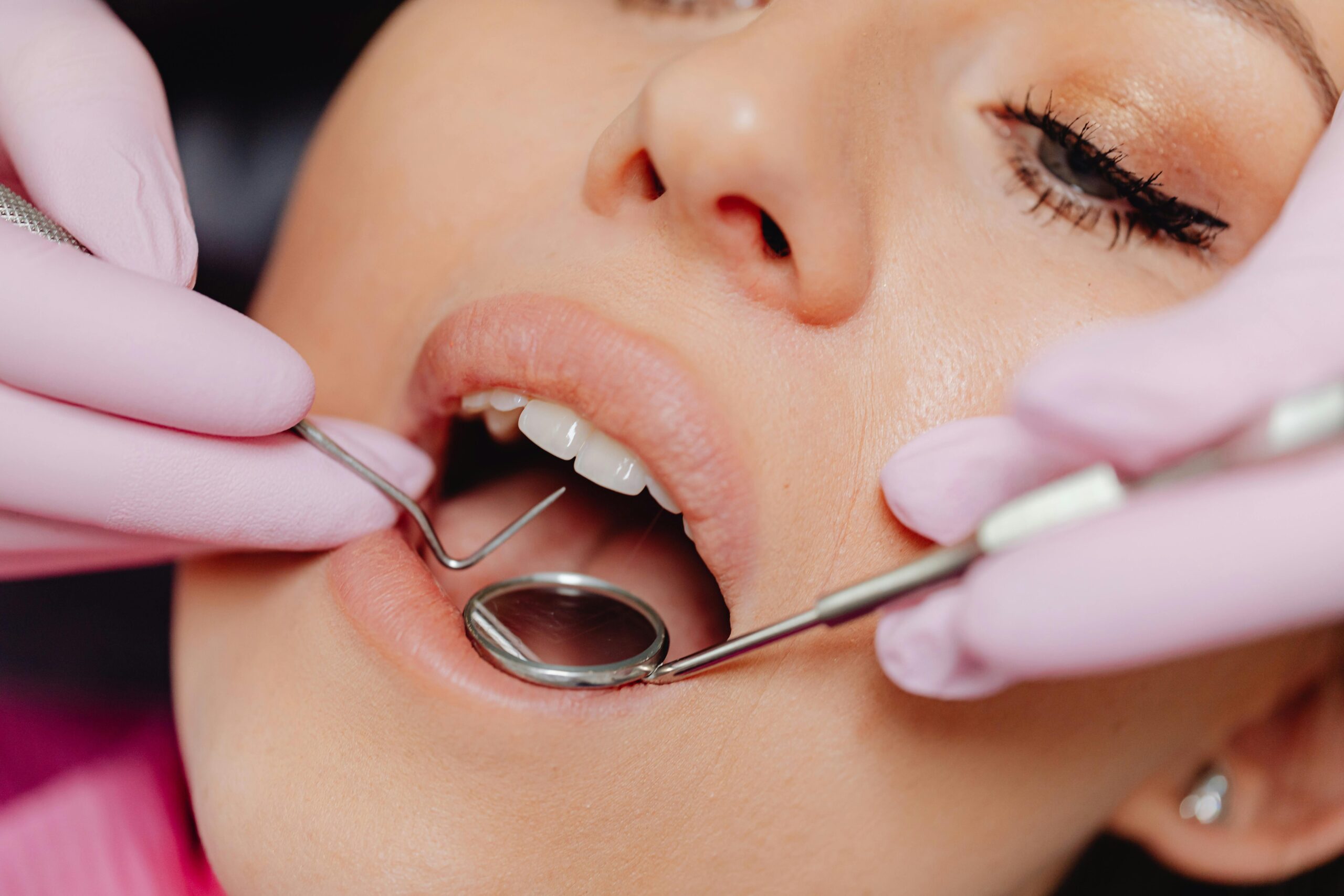
Bisphosphonates are medications often prescribed to help strengthen bones in people with osteoporosis or certain types of cancer. While these drugs are beneficial for bone health, they can pose challenges for dental care. Specifically, they can lead to a rare but serious condition called osteonecrosis of the jaw (ONJ), where the jawbone starts to weaken and die. Therefore, it’s essential for both patients and dental professionals to understand how bisphosphonates can affect dental treatments and what steps can be taken to ensure safe and effective dental care.
What are Bisphosphonates?
The way bisphosphonates function is by preventing osteoclasts-the cells that tear down bone tissue-from doing their task. For disease such osteoporosis, this lowers the possibility for injuries or preserves bone density. They are frequently given voor long-term usage or include oral and injectable versions.
Bisphosphonate-related osteonecrosis in the jaw(BRONJ) is uncommon but serious adverse effect linked to long-term bisphosphonate treatment. The hallmark of BRONJ is a breakdown of jawbone tissue, which frequently leads to excruciating blisters, lost teeth, and even bare jawbone
Dental Treatment Guidelines:
Dentist should follow certain rules when treating patients who are taking bisphosphonates for due to the possible dangers involved:
1.Pre-Treatment Assessment:
A complete evaluation of the patient’s medical history, including any drugs they may be taking, must be done before beginning any dental treatment. It is important to identify & assess patients who are on osteo medication for the possibility of developing BRONJ.
2.Communication with Healthcare Providers:
Dental Practitioners should make sure they have a thorough grasp of the patient’s health issue and treatment plan by speaking with the patients referring physician or primary healthcare provider. This cooperation aids in figuring out the best dental care strategy for people using bisphosphonates as
3.Minimizing Trauma
Dental practitioners should proceed cautiously while performing invasive operations on people having osteoporosis medication in order to reduce the risk of BRONJ. Prioritizing non-invasive or less stressful options is a good idea. In cases when extractions or operations are essential, methods that reduce tissue damage and encourage quick healing should be used. For fewer problems, preoperative and postoperative care should also be carefully planned.
4.Oral Hygiene Maintenance:
Patients receiving bisphosphonate medication must practice good dental hygiene. In order to avoid oral infection and reduce the chance of consequences, dental practitioners should stress the need of routine brushing, flossing, and dental examinations.
5.Drug Holiday Consideration
To lower the possibility of BRONJ, It can be advised to cease using phosphates or to take a “drug holiday” before to invasive dental treatments. In order to weigh the advantages of stopping bisphosphonates against the possible hazards to the patient’s general bone health, This choice has to be carefully considered and coordinate with the patient’s healthcare professional.
conclusion
Although bisphosphonates are essential for treating skeletal disorders, using them must be carefully considered in light of any possible dental risks. Dental practitioners need to be aware for the rules to handle patients receiving osteoclast medication in order to reduce the possibility of side effects like BRONJ. We can guarantee the dental health and well-being of people receiving osteoblast drug by working with dentists and putting in place the necessary preventative measures.





